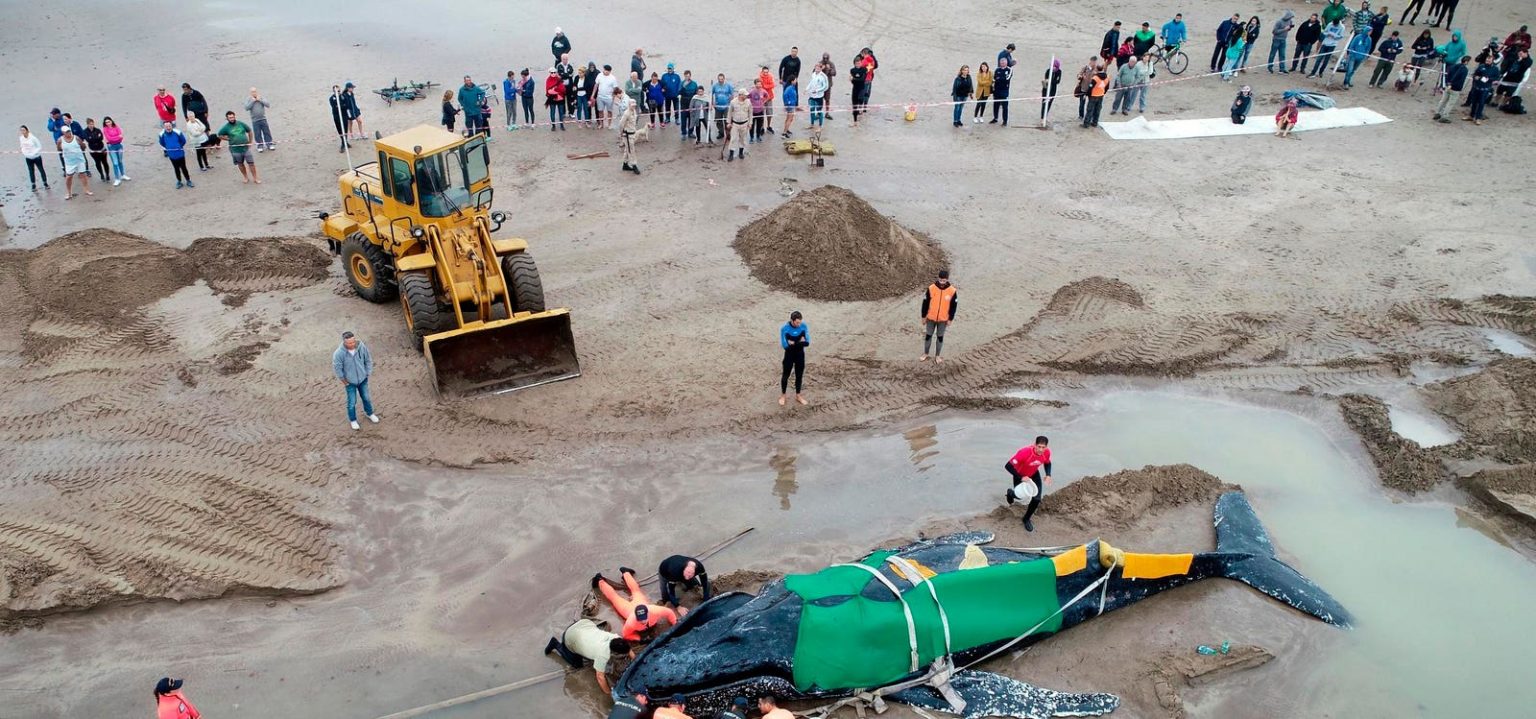In recent years, there has been a concerning increase in the number of whale deaths along the East Coast of the United States. This has sparked a debate among concerned citizens, anti-wind groups, and government agencies about the potential link between offshore wind surveying and these whale fatalities. With more than 200 humpback whales washing ashore from 2016 to 2023, many are quick to point fingers at the acoustic techniques used in wind farm surveying as the cause of these tragic incidents.
Anti-wind groups have organized around the theme of “save the whales” and “protect our shores,” with a significant percentage of New Jersey residents believing that the wind surveying work is contributing to the whale beachings. However, government agencies such as the Bureau of Ocean Energy Management and scientific experts have consistently refuted these claims, stating that there is no scientific evidence linking offshore wind activities to whale deaths. The National Oceanic and Atmospheric Administration continues to gather data to determine the cause of these whale deaths and explore the impact of human activities, such as shipping and fishing, on whale populations.
Despite these assertions, the concept of an “illusory correlation” remains prevalent in the public’s mind, drawing a convenient connection between wind surveying and whale deaths. This cognitive bias causes individuals to perceive relationships between variables, even when no actual link exists. While our brains are remarkable in their ability to make sense of the world around us, they are also prone to errors and limitations. It is crucial to acknowledge and understand these flaws to avoid falling prey to misleading correlations and misinformation.
The debate surrounding offshore wind surveying and whale deaths sheds light on the complexities of human cognition and perception. As the search for concrete evidence continues, it is imperative to approach this issue with critical thinking and an open mind. While it is natural for individuals to seek simple explanations for complex phenomena, it is essential to rely on scientific evidence and expert analysis to understand the true causes of the whale deaths along the East Coast.
Moving forward, it is essential for government agencies, scientific experts, and concerned citizens to work together to address the issue of whale deaths and protect marine life. By conducting thorough research, gathering data, and considering all factors that may contribute to these incidents, we can develop informed solutions and strategies to mitigate harm to whale populations. It is through collaboration and evidence-based decision-making that we can make a meaningful impact in preserving the marine environment and ensuring the well-being of these majestic creatures.















